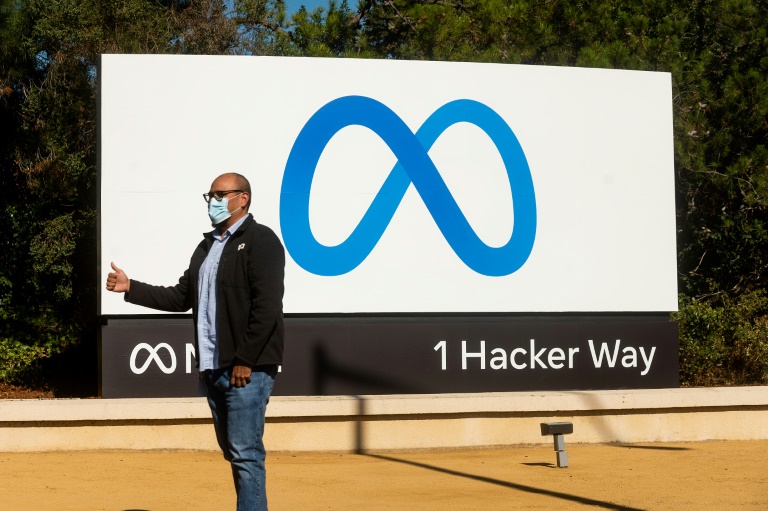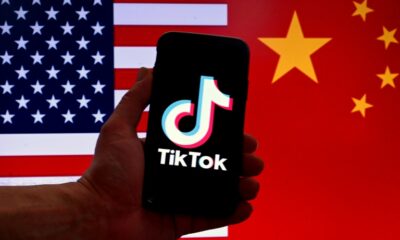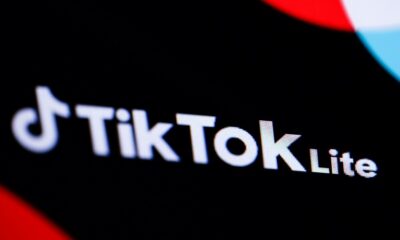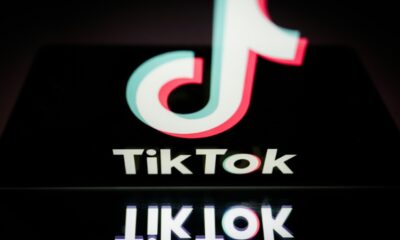US tech titans looking to the future are seeing growth take a beating in the face of foreign competition and a tough economy.
Apple and Amazon shares were casualties on Thursday, and their respective quarterly earnings reports disappointed investors hoping for rays of sunshine on a dark economic landscape.
Meanwhile, shares of Meta and Google-parent Alphabet have tanked after disappointing financial results this week.
“This week will go down in the history books of earnings season as one of Big Tech’s worst and ultimately could be a ‘fork in the road moment’ for the stalwarts looking ahead,” Wedbush analyst Dan Ives said in a note to investors.
Management teams will need to “quickly adjust to a much different background” or risk losing their luster for investors who have bet on them for the past decade, he said.
Amazon predicted Thursday that sales could grow as little as 2 percent during the year-end holiday shopping season.
And while sales grew in the recently-ended quarter, bringing the company back to profit after two consecutive quarters of losses, they were still lower than a year ago as online shoppers sought bargain prices, the company reported.
“The realities of a much tougher market where demand is more muted and the costs of doing business remain elevated is taking its toll on the business,” said GlobalData managing director Neil Saunders.
Apple reported solid profits on rising revenues, but the tech giant’s iPhone sales missed estimates while it saw slowing growth in services revenues.
In the case of Facebook-parent Meta, the decline comes as chief Mark Zuckerberg rolls the dice on building up the metaverse long-term.
“Facebook shifted to Meta, so they took their eye off the ball,” tech analyst Rob Enderle of Enderle Group said.
“In a way they shot themselves in the foot, and allowed TikTok to advance.”
Meta, already facing stagnating user numbers and cuts in advertising budgets, said its profit had more than halved in the third quarter from a year earlier, and that it plans “significant changes” to bolster efficiency.
Zuckerberg, while admitting the company is navigating “some challenging dynamics,” said on an earnings call Wednesday that “our product trends look better from what I see then some of the commentary I’ve seen suggests.”
He said priorities will include artificial intelligence that powers recommendations at offerings such as its short-form video feature Reels, launched in response to TikTok, which is owned by China-based ByteDance.
TikTok is eating into ad revenue at Meta and Google, but the US tech giants are still way ahead in that market — for now, according to analysts.
– Party over? –
Alphabet this week reported quarterly earnings that fell short of market expectations as belts tightened in the digital ad market that drives its revenue.
The company said ad revenue that grew just 6 percent when compared with the same period of last year.
Aside from one period at the start of the Covid pandemic, that would mark the weakest revenue growth at Alphabet for any quarter since 2014.
The earnings report showed that ad revenue at YouTube was slightly lower than it was in the same quarter a year earlier, despite a hot trend of people watching video on-demand and snippets on TikTok.
Alphabet and Google chief Sundar Pichai said on an earnings call that he sees this as a moment when “you take the time to optimize the company to make sure we are set up for the next decade of growth ahead.”
Like Meta, Alphabet is also looking to the future: in its case, investing in artificial intelligence that Pichai says will transform its offerings, and putting resources into “big bets” such as life sciences arm Verily and self-driving cars at Waymo.
Meta and Alphabet’s focus on the long-term has left openings for hungry competitors, Enderle contended.
“It is like watching a sports team lose not because they are facing better players, but because the team’s members decide to go out and party every night,” he said.
“If you are not focusing, someone is going to come up and take customers away from you; it is TikTok now but it could easily be someone else.”

 Business5 months ago
Business5 months ago
 Business4 months ago
Business4 months ago
 People4 months ago
People4 months ago
 Events3 months ago
Events3 months ago
 Events6 months ago
Events6 months ago
















